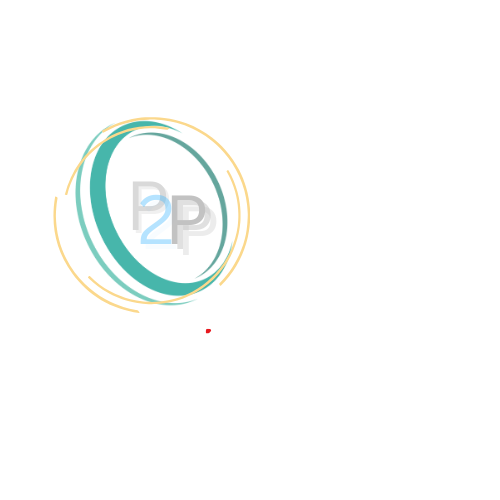Choosing a career is one of the biggest turning points in a student’s life. Yet, many of us end up making decisions based on pressure, fear, or incomplete knowledge. Later, these choices can lead to dissatisfaction, regret, or even the need to start all over again. Here are five common mistakes students make while choosing a career—and how you can avoid them.
1. Choosing Only for Jobs or Salary
Many students select a subject or career just because “there are jobs in it” or “it pays well.” While jobs and money matter, if your interest doesn’t align, you may end up frustrated.
✅ Tip: Look for a balance between your skills, interests, and opportunities.
2. Following Parents, Relatives, or Friends Blindly
It’s natural for parents and peers to influence your decisions, but your career is your journey. What worked for someone else may not work for you.
✅ Tip: Take advice, but listen to your inner voice before finalizing.
3. Judging Yourself Only by Marks
Marks are not the ultimate reflection of your talent. Some students avoid competitive exams or creative fields just because they think they “don’t have it in them.”
✅ Tip: Believe in your efforts and curiosity. With consistent practice, you can achieve more than your marks suggest.
4. Not Exploring Enough Options
Most students only know 4–5 career options—doctor, engineer, teacher, government job. But the world is full of emerging fields like data science, AI, design, sports management, and more.
✅ Tip: Research widely, attend webinars, talk to professionals, and explore beyond the obvious.
5. Ignoring Personal Interests
One of the biggest mistakes is ignoring what truly excites you. A career without passion becomes a burden.
✅ Tip: Ask yourself: “Can I see myself doing this for the next 20 years?” If not, rethink before committing.
Conclusion
Your career choice should not be a trap—it should be a journey you’re excited to walk every day. Avoid these five mistakes, and you’ll be much closer to a career that gives you both success and satisfaction.
✨ “The right career is not about choosing the safest path—it’s about choosing the truest path for you.”
